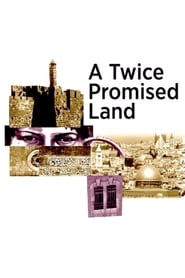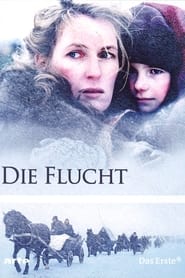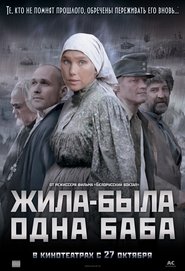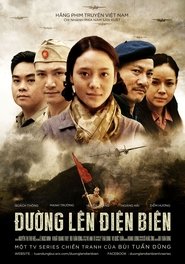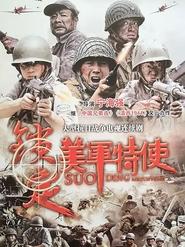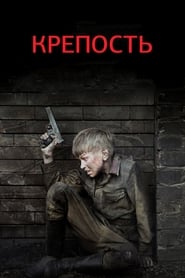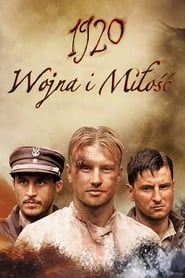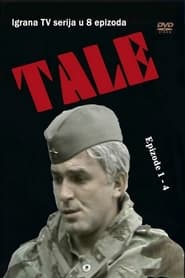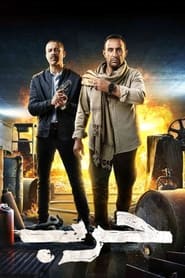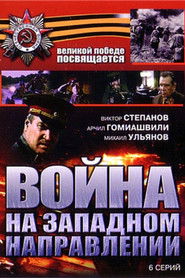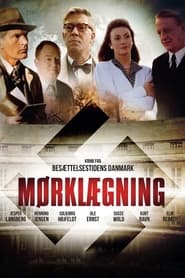Popular War Politics TV Series on Pantaflix - Page 85
-
Dendam Nyi Pelet
2001
-
烽火双雄
2014
烽火双雄
2014
-
狼烟
2013
狼烟
2013
-
Israel: A Twice Promised Land
2018
star 7.8November 1947. The United Nations votes the partition plan for Palestine. For some, it is a dream becoming reality; for others, it is the beginning of a catastrophe. Seventy years after this historic vote, the land of Palestine remains an open wound, a battleground for two peoples torn apart by their shared history, a source of inextricable tension in the region and even beyond the borders of the Middle East. -
March of Millions
2007
March of Millions
2007
star 4.8In 1944 many Germans in Eastern Prussia believed like Lena von Mahlenberg, daughter of a local aristocrat, that Hitler would surrender and spare them from being invaded by the vengeful Russian Red Army. He didn't and they had to flee. -
The R Document
1985
The R Document
1985
star 8Reactionary and aggressive circles in the United States are trying to establish a dictatorship in the country, preparing to assassinate the president and introduce a state of emergency in the country. The conspiracy is led by the FBI director... -
Once There Was a Woman
2015
star 6The painful fate of a woman and a country. A TV version of Andrei Smirnov's tragic epic about a Tambov peasant woman. -
Đường Lên Điện Biên
2014
-
锁定美军特使
2011
锁定美军特使
2011
-
菜刀班尖刀连
2014
菜刀班尖刀连
2014
-
Fortress of War
2011
Fortress of War
2011
June 21, 1941, Brest fortress. Lieutenant Andrey Kizhevatov, Major Pyotr Gavrilov and Commissar Yefim Fomin were engaged in daily business. There was also a boy trumpeter Sasha Akimov from the regimental orchestra, who secretly smoked and selflessly loved the girl Vera. None of the servicemen knew that the next morning they would become the commanders of the last three hotbeds of resistance, and the boy was the only link between them in the stone cauldron of the first object of attack by Nazi troops in the USSR, the Brest Fortress. -
1920. War and Love
2010
1920. War and Love
2010
star 5Three soldiers who met while each was serving a different partition of Poland form a friendship that lasts after their homeland regains independence. -
Tale
1977
Tale
1977
star 10Based on the novel "Tale" by Dervis Susic. Tale is a former partisan, an honest man and a rogue. His return to hometown immediately creates a bunch of new problems. -
绝命追踪
2015
绝命追踪
2015
-
War
2023
War
2023
star 4The events revolve around a member of an extremist terrorist group called Al Zafer, who is trying to carry out a number of terrorist operations in Egypt, but he gets pursued by the security services. -
My Love Hit the War
2016
My Love Hit the War
2016
During the 1937 Second Sino-Japanese War, Fang Yuan seeks revenge for his family’s death and joins the resistance, forming an alliance with Dr. Chen Ruge, whom he initially suspects of being a traitor. As they fight together, their bond deepens, and despite misunderstandings, they reunite after China’s victory in the war. -
War in the Western Direction
1990
star 6A military epic based on Ivan Stadnyuk's novel of the same name about the tragic events of the first months of the WWII. -
La Plaça del Diamant
1983
La Plaça del Diamant
1983
star 5.3The life of a young woman in Barcelona during the Spanish Civil War and its aftermath. This a Television version, in a 4-episode miniseries format, of the film of the same name, based on the novel by Mercè Rodoreda. -
Mørklægning
1992
 Netflix
Netflix
 Amazon Prime Video
Amazon Prime Video
 Apple iTunes
Apple iTunes
 Apple TV Plus
Apple TV Plus
 Disney Plus
Disney Plus
 Google Play Movies
Google Play Movies
 Paramount Plus
Paramount Plus
 Hulu
Hulu
 HBO Max
HBO Max
 YouTube
YouTube
 fuboTV
fuboTV
 Peacock
Peacock
 Peacock Premium
Peacock Premium
 Amazon Video
Amazon Video
 The Roku Channel
The Roku Channel
 AMC+
AMC+
 Kocowa
Kocowa
 Hoopla
Hoopla
 The CW
The CW
 Vudu
Vudu
 Starz
Starz
 Showtime
Showtime
 PBS
PBS
 Pantaflix
Pantaflix
 FXNow
FXNow
 Tubi TV
Tubi TV
 Kanopy
Kanopy
 Comedy Central
Comedy Central
 Crunchyroll
Crunchyroll
 Microsoft Store
Microsoft Store
 Redbox
Redbox
 Sun Nxt
Sun Nxt
 ABC
ABC
 DIRECTV
DIRECTV
 Crackle
Crackle
 Fandor
Fandor
 Plex
Plex



